The Democratic-NPL Party Chairwoman Kylie Oversen said:
With record turnout across the nation, Americans sent a resounding message that we are committed to building a country that works for all of us. President Biden will live and govern by his words on the campaign trail, that he is a proud Democrat, but will be a president for all Americans. We are eager to work with this administration and anyone looking out for the best interests of North Dakotans.
The election of Sen. Kamala Harris as Vice President is an exciting and historic moment for women, for people of color, and for our nation. Her leadership and example will inspire us for generations to come.
Today, Sen. Cramer, Sen. Hoeven, and Rep. Armstrong make a dangerous statement by rallying in support of President Trump as he spews explicitly unproven attacks against election integrity across the nation. Their blatant disregard for the constitutional right of every American to make their voice heard at the ballot box is dastardly at worst and cowardly at best.
###

